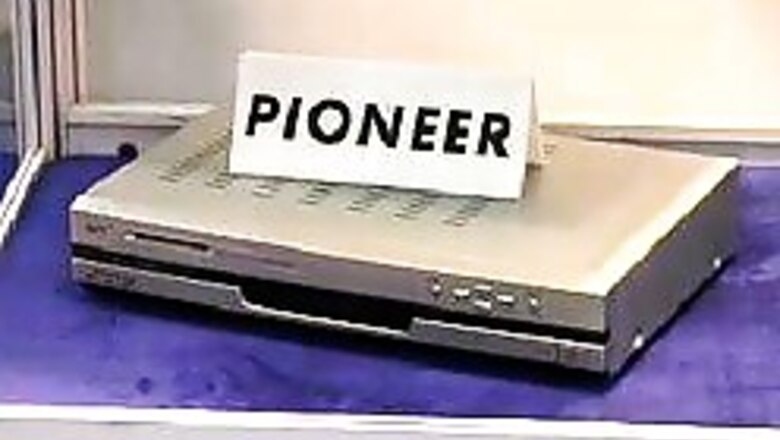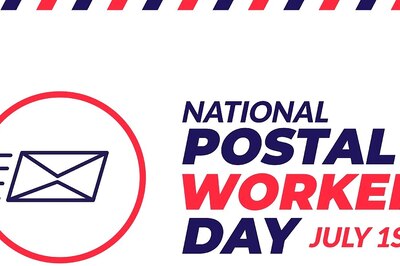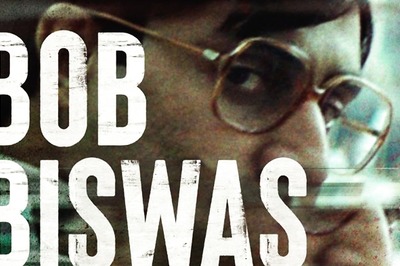
views
New Delhi: The Delhi High Court on Friday ordered that the Conditional Access System (CAS) be implemented in notified areas in three metros - Delhi, Kolkata and Mumbai - within 4 weeks. CAS has already been implemented in Chennai.
The Delhi High Court passed its verdict on a writ petition filed by a bunch of Multi Service Operators (MSO). These include Hathway Communications, Indus India and Indian Cable Network. These MSOs challenged the Centre's decision of not implementing CAS despite TRAI recommendations.
Hathway Cable chief executive officer K Jayaraman says the implementation of Conditional Access Sytem has its advantages. "If a customer wants to watch a pay channel, he would have the choice to pay the amount only for that channel. This is currently not there for the consumer. He can either buy the Set Top Box or rent or it. This way the consumer is not taxed very much," he said.
Lawyer for the cable companies, Dibav Srivastav, says CAS will provide more choice to the customers.
The court dismissed the government's contention that impementation of CAS was unjustifiable. It also directed the government to pay damages worth Rs 100,000 to the petitioners. This comes as a penalty for delaying the implementation of the scheme since July 2003.
Meanwhile, the court has ordered the government to revoke its notification of February 27, 2004 that scrapped the implementation of CAS in the three metros. This means the notification of July 10, 2003, which provided for partial CAS in these three metros, stands revived.
In January, information and broadcasting secretary SK Arora appeared before the court and sought three months time to implement CAS in the country. The request was rejected by Justice Vikramjit Sen.
So, what is the Conditional Access System?
- CAS was introduced to regulate the functioning of cable services, and allow consumers to view and pay for channels of their choice.
- The signal for pay channels is received through a set-top box - which determines which particular programme is available to the viewer.
- Free to air channels can be viewed by making a payment of Rs 72 to the cable operator.
- The amount for pay channels is decided by the broadcaster or Multi Service Operator.
Does CAS spell benefit?
- From the point of view of consumers, the CAS is beneficial as it gives them the choice and value for money.
- It helps cable operators in the bundling of services.
- Implementing CAS means that broadcasters will get accurate revenues from actual subscribers.
- For the advertisers, CAS means more efficient targeting.
- Lastly, the government stands to benefit from CAS too as it will help them track revenues.




















Comments
0 comment